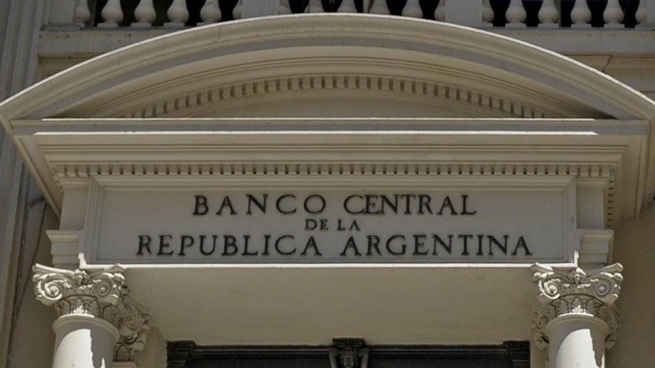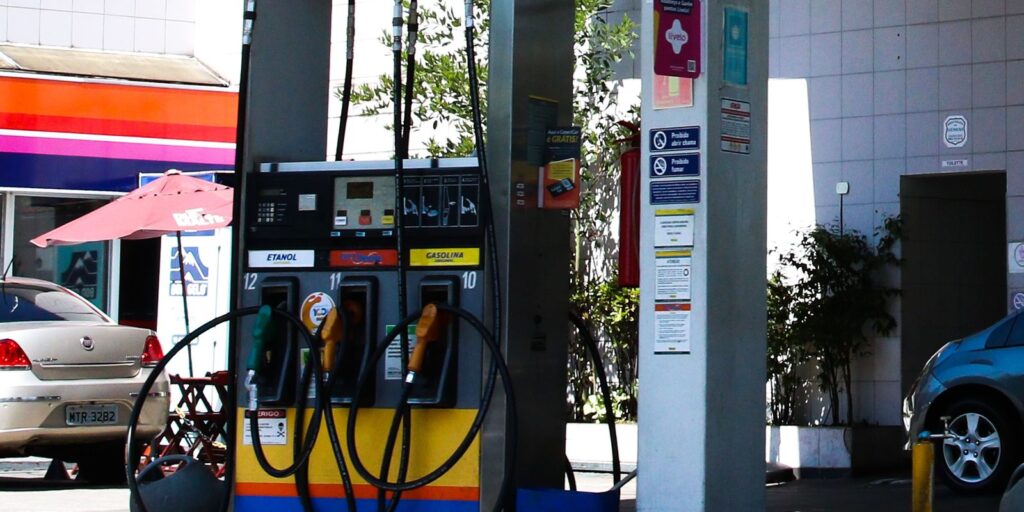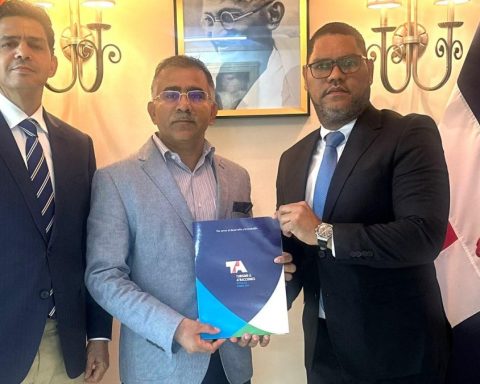The Board of Directors of the Central Bank adapted this Monday the foreign trade payment system with the aim of “responding to the extraordinary needs of foreign currency and thus attend to energy imports.”
The measures extend the import financing system to those carried out under a Non-Automatic License and to the importation of services, and will be in force for one quarter, to allow time for the normalization of foreign trade, indicated the monetary controller entity led by Miguel Pesce.
In addition, he specified that The measure seeks to “sustain economic growth and the development of SMEs by avoiding speculative maneuvers on imports.”
In that way, small and medium-sized companies are exempt from the current requirements to finance their imports for an increase of 15% over the previous year, with a limit of up to US$ 1 million.
In the new payment scheme, SIMI (Import Monitoring System) category A will maintain access to the foreign exchange market for the equivalent of the monthly average of imports of 2021 plus 5% or 2020 plus 70%.
For their part, SIMI category B, corresponding to non-automatic licences, will be able to access the market 180 days after dispatch to the market.
It was also arranged in coordination with the Ministry of Productive Development expand the tariff positions of goods equivalent to those produced in the country that will have access to the market from 180 days and that of luxury goods that will be able to access from 360 days.
Regarding imports of services, they are equated in treatment to that of goods, allowing access to the market for the same amount as in 2021 and in case of exceeding the amount, the balance at 180 days.
In this way, the recovery of commercial credit is promoted that Argentina saw a significant drop as an effect of the Covid-19 pandemic.
Regarding imports of capital goods, a rule was established that allows paying 80% at the port of origin and 20% upon nationalization.
Complementarily, export pre-financing will be facilitated which will accelerate the entry of foreign currency, especially from the cereal complex, passing the obligation to liquidate the foreign currency that is entered from 5 to 15 days, and long-term financing to prepay local debts in foreign currency, they indicated from the Central Bank.


















